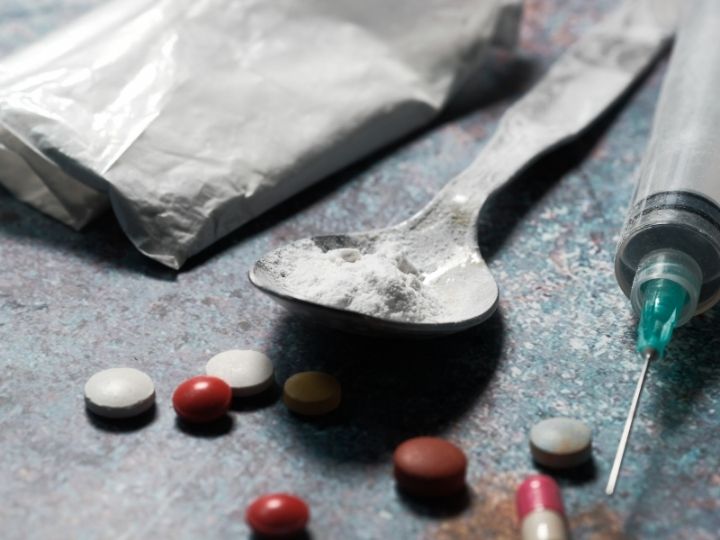Researchers hope the vaccine, which blocked the drug from entering rats’ brains, could help reduce overdoses in humans
A research team led by the University of Houston has developed a vaccine targeting the dangerous synthetic opioid fentanyl that could block its ability to enter the brain, thus eliminating the drug’s “high.” The breakthrough discovery could have major implications for the nation’s opioid epidemic by becoming a relapse prevention agent for people trying to quit using opioids. While research reveals Opioid Use Disorder (OUD) is treatable, an estimated 80% of those dependent on the drug suffer a relapse.
University of Houston

Fentanyl is killing Americans at an unprecedented rate,” Anne Milgram, administrator of the Drug Enforcement Administration, said in an April statement. “Drug traffickers are driving addiction and increasing their profits by mixing fentanyl with other illicit drugs. Tragically, many overdose victims have no idea they are ingesting deadly fentanyl, until it’s too late.”
In a study published in Pharmaceutics, scientists tested their vaccine on 60 rats. The immunized animals could produce anti-fentanyl antibodies that stop the drug’s effects, allowing it to exit out of the body via the kidneys. This blocks the “high” caused by fentanyl, and it would theoretically make it easier for people to quit using the drug or avoid a relapse.
Current treatments for opioid use disorder include methadone and buprenorphine, which both activate brain receptors associated with opioids, and the medication naltrexone, which blocks the effects of opioids. The success of these treatments can vary depending on the individual, access to treatment and the drug they’re addicted to, per the study. Naloxone is used to save the lives of individuals who are actively overdosing, but it is a short-term solution and does not treat the addiction.
More here: Smithsonian and Pharmaceutics
